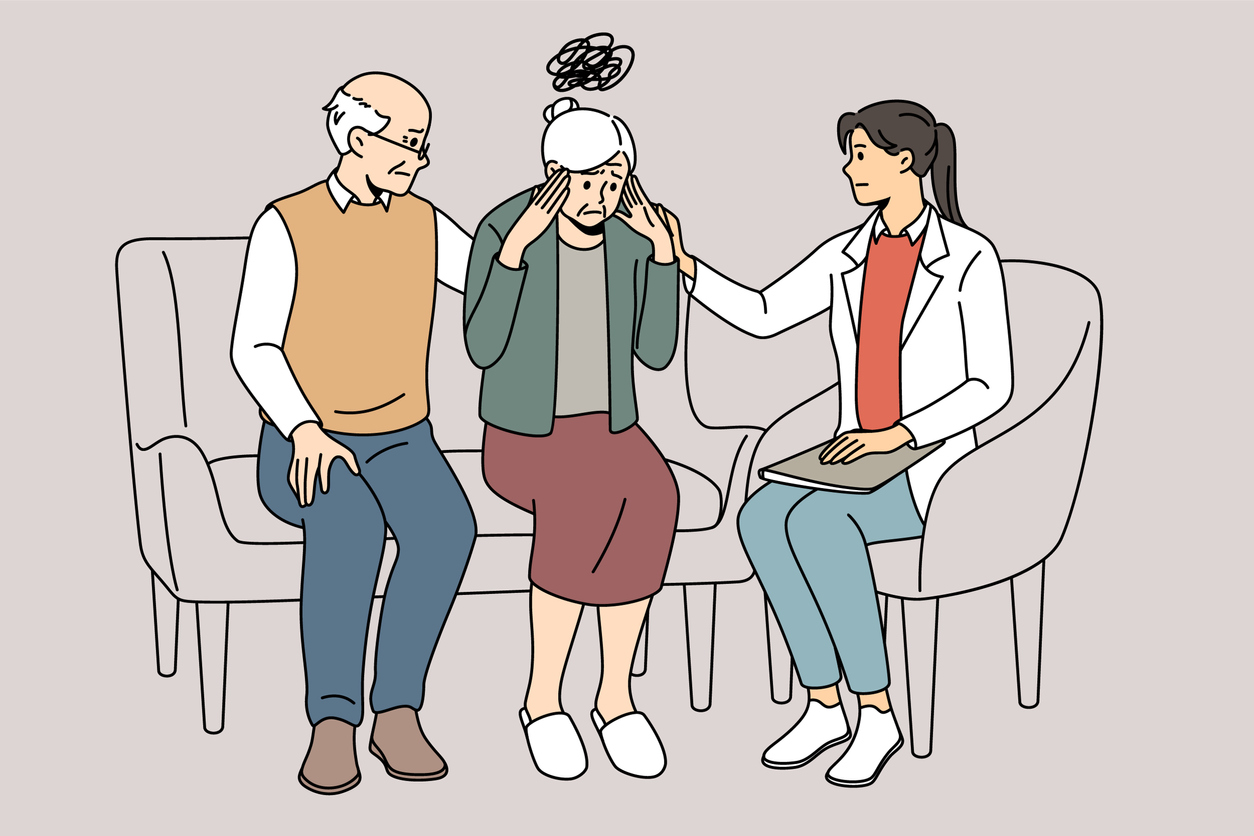Rebuttal From Doctorate Plan
Rebuttal From Doctorate Plan
The author provides a compelling argument on dementia, its prevalence and its impact on the United States population. According to the CDC, dementia does not describe a particular disease but rather an umbrella term for impaired memory, thinking, and decision-making ability that interferes with an individual’s ability to perform activities of daily living. Indeed Alzheimer’s disease is the most common form of dementia, primarily affecting older adults.1 Dementia cannot be attributed to age, although it occurs progressively and persistently through cognitive function deterioration. Patients experience memory loss and have no or slight insight into their deficiencies.1 Dementia is perceived as a major neurocognitive disorder with 13 etiological subtypes, including Alzheimer’s disease, Lewy body disease, Parkinson’s disease, traumatic brain injury, Huntington’s disease, vascular disease, and HIV infection. A patient can present with more than one etiology, for instance, Alzheimer’s and vascular disease in a single patient.2 Progressive supranuclear palsy, corticobasal syndrome, and, less commonly, multiple system atrophy are other medical conditions that can cause dementia.
(Rebuttal From Doctorate Plan)

Alsheimer’s disease is responsible for 70-80% of all dementia cases and can happen sporadically or be familial.2 Vascular dementia is about 15% of the cases, with incidences doubling every 5.3 years due to risk factors such as the increasing prevalence of hypertension, hypercholesteremia, smoking, and diabetes mellitus.2 Lewy body dementia is responsible for 5% of dementia cases, although diagnosis is often missed.2 The specific type of dementia can only be determined through an autopsy, but a clinical history can help establish a probable diagnosis. Indeed the aging population is increasing, and considering age is a risk factor for dementia, the cases are expected to increase.2 Nurses should brace for it by equipping themselves with more and new knowledge to respond to the increasing health needs of dementia patients.
References
Arvanitakis Z, Shah RC, Bennett DA. Diagnosis and Management of Dementia: Review. JAMA. 2019;322(16):1589-1599. doi:10.1001/jama.2019.4782
Emmady PD, Schoo C, Tadi P. Major Neurocognitive Disorder (Dementia). 2022. https://europepmc.org/article/NBK/nbk557444


